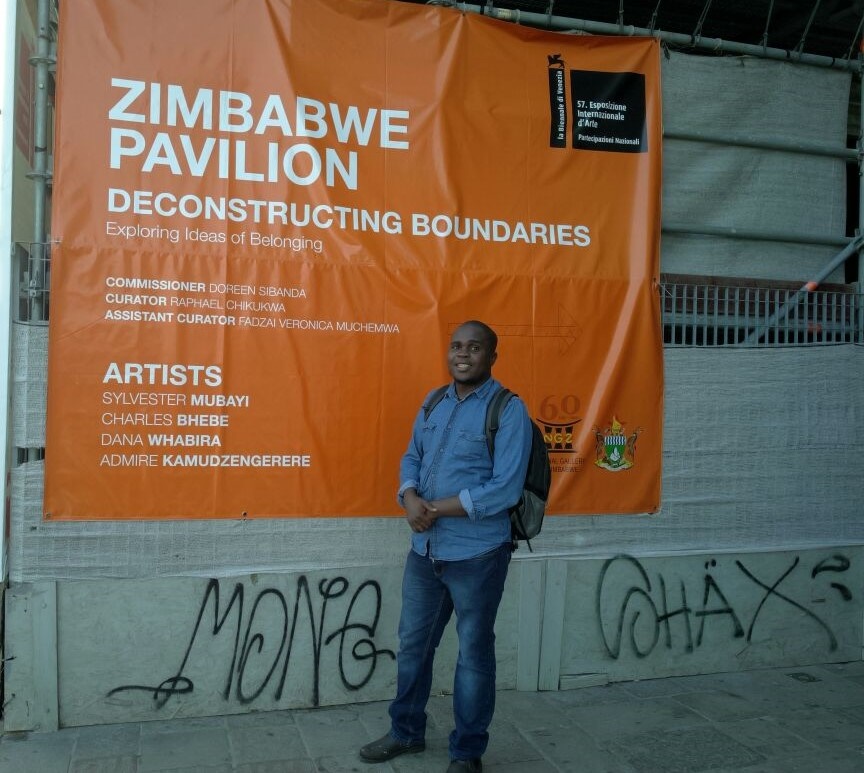Meet Our Wadsworth African Fellows: Yananiso Maposa
 With the support of the Wadsworth African Fellowship Yananiso Maposa will continue his training in social cultural anthropology at the University of Johannesburg under the supervisor of Justin Bradefield.
With the support of the Wadsworth African Fellowship Yananiso Maposa will continue his training in social cultural anthropology at the University of Johannesburg under the supervisor of Justin Bradefield.
I possess close to a decade of professional experience, having worked as one of the archaeologists stationed at the Great Zimbabwe World Heritage Site, one of the five museological regions within the National Museums and Monuments of Zimbabwe. In my position, I got the opportunity to interact with different communities in Zimbabwe. I got exposed to the challenges they face, particularly in their bid to be considered capable agents of sustainable management of heritage sites. The locals have always viewed such sites as critical to their socio-economic livelihood. These interactions with communities engendered my interest in this emotive subject, which led me to pursue my BA in Archaeology, Cultural Heritage, and Museum Studies at Midlands State University, Zimbabwe. My BA thesis investigated the management problems of the Great Zimbabwe World Heritage Site allegedly posed by local communities. After completing my BA, I undertook a MA in Cultural Heritage Studies which situated heritage management at the crossroads of local politics, climate change, and geopolitical dynamics in Zimbabwe with the Central European University in Hungary.
I am now pursuing my academic career at the University of Johannesburg, with a PhD that focuses on mainstreaming biocultural knowledge into sustainable development of marginalised communities in Zimbabwe using the case of the Ndau ethnic minority of Chipinge. The Ndau people have always used their heritage as a source of inclusive social and economic development in the face of escalating socio-political and environmental dynamics. Indigenous knowledge systems are a major umbrella project at the Faculty of Humanities at the University of Johannesburg. I appreciate the unique research UJ conducts on endogenous knowledge practices, from how they shaped technology in earlier civilisations to its significance in the societal transformation of modern societies. My lifelong aim has been to develop a platform that bolsters government efforts in heritage conservation, exhibition, and research. I will pursue the active involvement of grassroots communities in management as a more attentive way of rethinking agency, power, and collective rehabilitation of vulnerable heritage and biophysical environments. This includes rethinking gender, particularly women, as active agents of African communities’ social and material knowledge systems and practices.